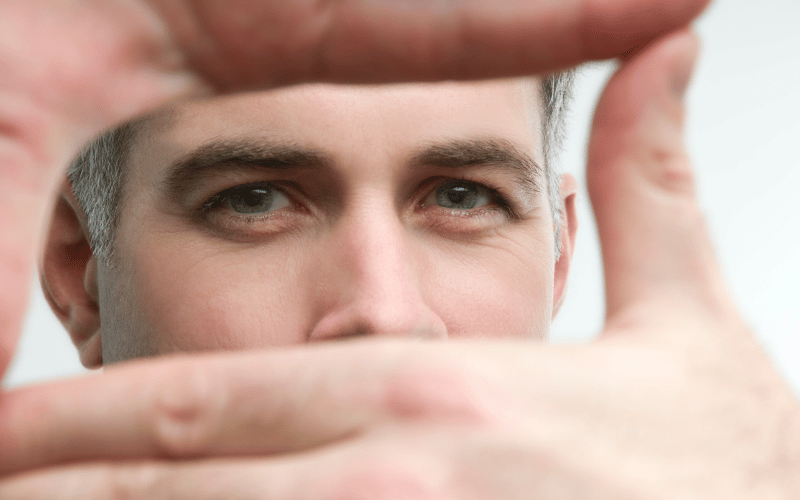Introduction: Unraveling the Mysteries of Balint’s Syndrome

In today’s era of advanced medical knowledge, there remains a cluster of conditions that escape common discourse. Balint’s Syndrome, colloquially known as Balint Holmes Syndrome, is one such disorder.
It’s not as frequently discussed as, say, Alzheimer’s or Parkinson’s. Yet, for those who experience it or have loved ones grappling with its symptoms, understanding Balint’s Syndrome can be a journey of empowerment and clarity.
This neurological condition primarily stems from bilateral damage to the parieto-occipital region of the brain. Its manifestation in affected individuals is quite distinct, making it both fascinating and, at times, baffling for neurologists.
The rarity of the condition means that comprehensive resources are scarce. However, those who’ve encountered the syndrome—whether as caregivers, family members, or patients—understand the urgency of recognizing its symptoms.
In our exploration, we won’t just glance at a list of symptoms. Instead, we’ll delve into each one, dissecting its characteristics, manifestations, and the underlying causes. With the right knowledge, the challenges presented by Balint’s Syndrome can be met head-on.
1. Simultanagnosia: The Challenge of Focused Vision

At its very core, simultanagnosia isn’t just about vision—it’s about perception. It’s a term many might not be familiar with, but for those experiencing it, the world is a vastly different place. It’s not merely seeing; it’s about processing. The brain, for some reason, decides to spotlight a single object, leaving everything else in shadows.
Now, imagine being in a room filled with loved ones, but your vision only permits you to recognize your grandmother’s face. Everyone else is just a blur, their features indistinguishable.
The TV playing in the corner, the clock ticking away, the flowers on the table—all get shrouded, leaving just that one familiar face. It’s like wearing blinders that you never asked for. (1)